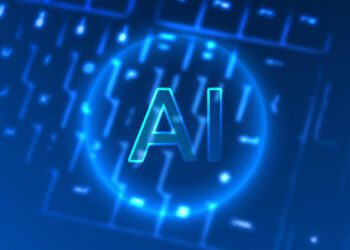The educational landscape has undergone a paradigm shift in recent years, driven by the rise of digital technologies. This transformation has not only changed the way education is delivered but has also led to the emergence of innovative business models. In this article, we’ll explore the impact of digitization on education, focusing on new business opportunities and models that have arisen from this evolution.
1. Introduction: The Rise of Digital Education
Digital education, or e-learning, incorporates various technologies like online platforms, virtual reality, AI-driven personalized learning, and more. These technologies have paved the way for new educational formats and business models, responding to the needs of a diverse and global student population.
2. Emerging Business Models in Digital Education
A. Online Learning Platforms
Platforms like Coursera, Udemy, and edX offer a broad range of courses from universities and industry experts. They monetize through subscription models, course fees, or enterprise packages for businesses.
B. Virtual Reality (VR) and Augmented Reality (AR) Education
Companies are developing immersive learning experiences using VR and AR. These can range from medical training simulations to historical explorations, offering unique revenue streams.
C. Adaptive Learning Platforms
These platforms use AI and machine learning to personalize the learning experience, adapting to individual progress and needs. Companies like Knewton and Squirrel AI have pioneered this space.
D. EdTech Startups Focused on K-12 Education
Startups targeting school education are developing platforms for virtual classrooms, homework assistance, and parent-teacher collaboration.
E. Corporate Learning and Development Platforms
Customized e-learning platforms for businesses focus on employee skill development, leadership training, and compliance. Examples include LinkedIn Learning and Pluralsight.
3. Opportunities and Advantages
A. Accessibility
Digital education provides access to quality resources globally, allowing for education democratization.
B. Personalization
Tailored learning experiences can significantly enhance the effectiveness of education.
C. Scalability
Online platforms can reach thousands of students simultaneously, creating opportunities for massive scalability.
D. Real-time Analytics and Feedback
Digital tools enable immediate feedback and performance tracking, enhancing both teaching and learning.
4. Challenges and Risks
A. Quality Control
Ensuring the quality and accreditation of online content can be challenging.
B. Data Security and Privacy
Protecting student information is vital, and breaches can have significant repercussions.
C. Digital Divide
Not all students have access to the necessary technology, potentially widening educational inequalities.
D. Resistance to Change
Traditional educational institutions may resist adopting new models, slowing down innovation.
5. Future Prospects and Conclusion
The digitization of education is reshaping the industry, opening doors for innovative business models and enhanced learning experiences. These emerging models reflect a broader trend towards personalization, accessibility, and efficiency in education.
However, the path forward is not without challenges. Balancing quality, security, and inclusiveness will be critical to the success of digital education business models.
In a world where continuous learning is vital, the impact of these new models is likely to grow. The intersection of education and technology promises a future where learning is more engaging, accessible, and tailored to individual needs. Entrepreneurs, educators, and policymakers must collaborate to harness the full potential of this digital revolution in education.




















